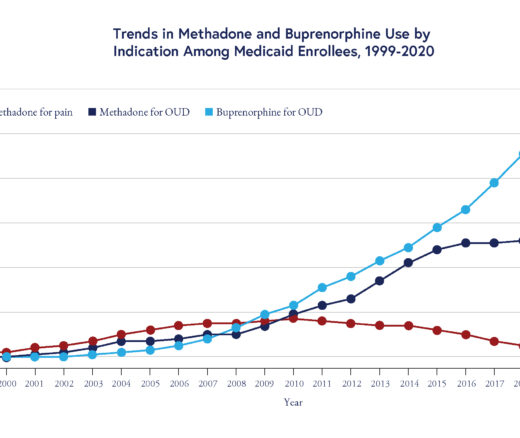
Only One in Four High-Risk Rural Births Get Appropriate Hospital Care
A Multi-State Study Finds That Parents Often Travel 60+ Miles—With Distance, Insurance, and Race Driving Gaps in Maternal Care
News

The University of Pennsylvania’s Leonard Davis Institute of Health Economics (LDI) is launching a new initiative to support research on improving the management of chronic kidney disease (CKD), with a particular focus on addressing disparities including structural barriers and racial inequities. The three-year research initiative is made possible by a $2.5 million gift from Monogram Health.
Called the Penn LDI Research Initiative on Improving Management of Chronic Kidney Disease, the effort will involve Penn LDI Senior Fellows and research teams that have been at the forefront of identifying drivers of CKD progression and barriers to the use of home dialysis therapies, transplantation, and palliative care.
Penn LDI is the University’s hub of health services research with more than 500 Senior and Associate Fellows involved in interdisciplinary health care research, a number of whom are focused on addressing barriers to evidence-based treatment for kidney disorders. Monogram Health is a Tennessee-based company focused on helping providers better manage patients with CKD and end-stage renal disease (ESRD).

“We are excited about this pairing and the opportunity and the public-private partnership to help advance research in this area,” said LDI Executive Director Rachel M. Werner, MD, PhD. “LDI’s expertise and academic authority on innovating and improving health care delivery and Monogram Health’s commitment to measurably improving outcomes for individuals living with CKD complement each other. This research initiative provides the opportunity to generate rigorous and important new evidence to advance the field through effectively identifying, managing, and improving outcomes of patients with CKD, while also reducing health inequities.” Werner is also a Professor of Health Care Management and Economics at the Wharton School.
“This commitment from Monogram Health signals a step forward in equitable health care access and innovative research, bringing meaningful resources to Penn LDI and its partnerships across the University,” says Wharton School Dean Erika James.
More than one in seven adults in the U.S., or 37 million people, are living with CKD, a condition that disproportionately affects communities of color. CKD rates are almost four times higher among Black Americans than white Americans. Many with CKD are unaware they have the condition, limiting the opportunity to manage and prevent its progression to end-stage renal disease.
More than half a million people in the U.S. annually use dialysis to replace their failing renal functions. Only about 13% of these are engaged with dialysis-at-home systems, even though at-home treatment is now recognized for providing a higher quality of life, improved care, and better outcomes.

LDI Senior Fellows’ studies have previously revealed substantial racial and ethnic disparities in survival, cardiovascular comorbidities, and function of patients with CKD. LDI Fellows also wrote the seminal paper in the Journal of the American Medical Association (JAMA) challenging the widespread use of race to adjust the estimated glomerular filtration rate (eGFR), noting the practice could lead to underdiagnosis and undertreatment of CKD in Black patients, potentially reducing access to specialty care, clinical trials, and kidney transplantation.
“Over the last five years, the federal government and providers caring for patients with kidney disease have asserted the urgency of improving access to care and breaking down barriers to home dialysis and transplantation,” said LDI Senior Fellow and Initiative Director Peter Reese, MD, PhD. “The White House pushed these initiatives with the Advancing American Kidney Health initiative. This partnership with Monogram is going to drive progress on these issues with high quality, pragmatic research.”
Reese is a Professor of Medicine and Epidemiology at the Perelman School of Medicine, an NIH-funded transplant nephrologist andepidemiologist, and past chair of the Ethics Committee for the United Network for Organ Sharing which oversees transplant regulation in the U.S. He noted the three areas the new Initiative’s research portfolio will focus on these three areas:

A Multi-State Study Finds That Parents Often Travel 60+ Miles—With Distance, Insurance, and Race Driving Gaps in Maternal Care

Former CMMI Leader Liz Fowler Cites Rigid Federal Scoring Rules and Bureaucratic Impatience for Pilot Failures

A Major European–U.S. Hospital Study Finds That Changing How Hospitals Are Organized Reduces Burnout and Turnover While Improving Care Quality

An LDI Fellow Who Helped Architect the ACA Highlights Progress on Primary Care Payment Reform and the Expansion of Site-Neutral Reimbursement Policies

Penn LDI Senior Fellow Dominic Sisti Cites “Alarming Levels”

Chart of the Day: Methadone Use for Opioid Use Disorder Tripled From 2010–2020, Yet Only One in Four People With Addiction Receive Medication